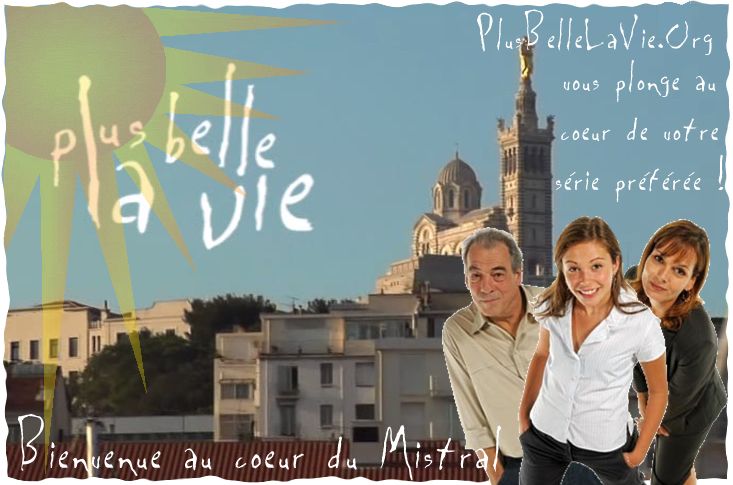Funny juxtaposition today in one of the sites I regularly watch. This article describes new research in a type of material that can capture and store gases, which is summarized as:
Chemists report the “ultimate porosity of a nano material” and records for carbon dioxide storage capacity and porosity in an important class of materials known as MOFs [or metal-organic frameworks]. Porosity in materials is essential for capturing carbon dioxide. This research could lead to cleaner energy and the ability to capture heat-trapping carbon dioxide emissions before they reach the atmosphere, which contribute to global warming, rising sea levels and the increased acidity of oceans.
Yaghi, Furukawa and Kim have made MOFs that are …10 times the porosity of the most porous material prior to 1999. This means they can now store twice as much gas as they could in 2004, an enormous increase.
“If I take a gram of MOF-200 and unravel it, it will cover many football fields, and that is the space you have for gases to assemble,” Yaghi said. “It’s like magic. Forty tons of MOFs is equal to the entire surface area of California.”
But the funny part of the article is a description of how the two researchers, both immigrants to the U.S., learned English:
Yaghi, one of the world’s great scientists, recalls without embarrassment how he watched “As the World Turns” and “Days of Our Lives” to learn English when he came to New York from Jordan at age 15.
“When I picked Hiro up,” Yaghi said, “I thought, ‘He has no clue about the world he is entering’ — America or my lab. I said to him, ‘I will not talk with you until you buy a small TV and you watch soap operas every day; I want you to learn English.’ The way I learned English was to read the newspaper with a dictionary and underline words I didn’t understand. Almost every other line had an underlined word that I looked up, but you learn very quickly. I watched soap operas, too. I used to run back to my room from school to watch what happened. The stories don’t move very fast; it’s almost like doing research.”
I, too, use this method, to improve my French. Each day I record an episode of the France 3 soap opera Plus belle la vie and try to watch it in the evening. This annoys my two teenage boys and even makes my wife laugh. But it’s a great way to improve listening comprehension, learn idioms, and gather something about the culture (although you have to be careful about drawing too many conclusions; I doubt the average Frenchman or French-woman is as inclined to get mixed up in crime, murder, and bed-hopping as these folks). Plus it’s very easy on the eyes; les femmes sont jolies comme tout. And, as with most soap operas, the stories move slowly enough and with a sufficient lack of subtlety so as to be easy to follow even if I only pick up half of what’s going on (which is frequently the case, although most days I’d say 60 – 80 percent is more like it).
Thank you Mr. Yaghi for giving me a defense against my mocking family. Oh, yes, and congratulations on your successful MOF research, too.
- An It-Really-Works-But-I-Wouldn’t-Recommend-It Method for Improving Your Golf Swing
- First France Blog Post
Tags: carbon capture, language, metal-organic frameworks, MOFs, Plus belle la vie, soap operas

